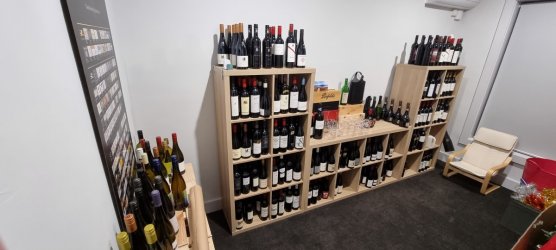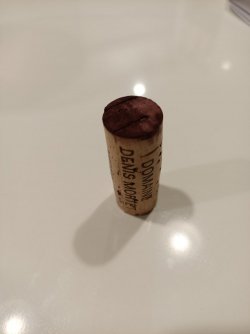Not an issue if you don't buy cork-sealed wines.

Define "serious about cellaring your wine". I'm pretty serious but only for about 10 years, some up to 15 or so. The number of people who cellar longer than 10 years is pretty small. For 10-15 years, cork or screwcap, my empirical experience on thousands of bottles of wine from my a/c cooled cellar is that 15-16C and humidity 40%-50% is fine for red wine (I don't cellar or drink whites).
With corks, if the bottle is horizontal the cork is kept wet at the base, there is a capsule covering the cork and it will take a very long time at 40% humidity to dry out the cork top enough to allow seepage and air into the bottle. I store some of my screwcap sealed wines standing up, you can't really do that with cork-sealed bottles.
There are a lot more issues with cork-sealed wines than the low possibility of damage from a cork shrunken a little by low humidity.
Unless you are cellaring expensive cork-sealed wine for a very long time or happen to know a friendly refrigeration person who has done it before and you have a cellar location suitable for refrigeration installation then a/c is probably easier and cheaper.
Also, those of us in cold areas sometimes need (want) a little heat over winter as well as cooling in summer.
















